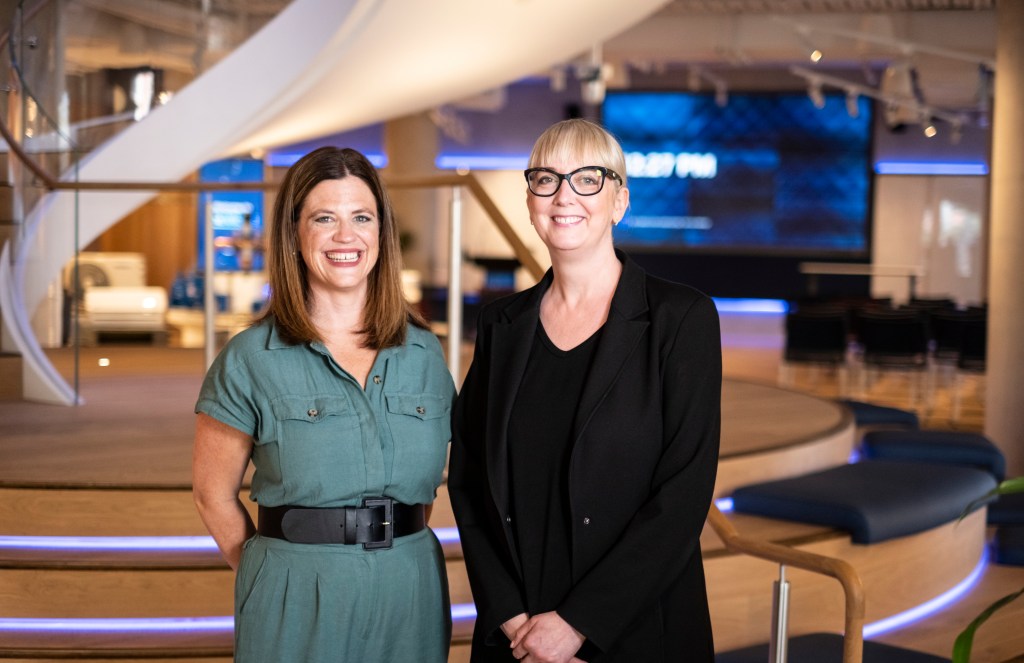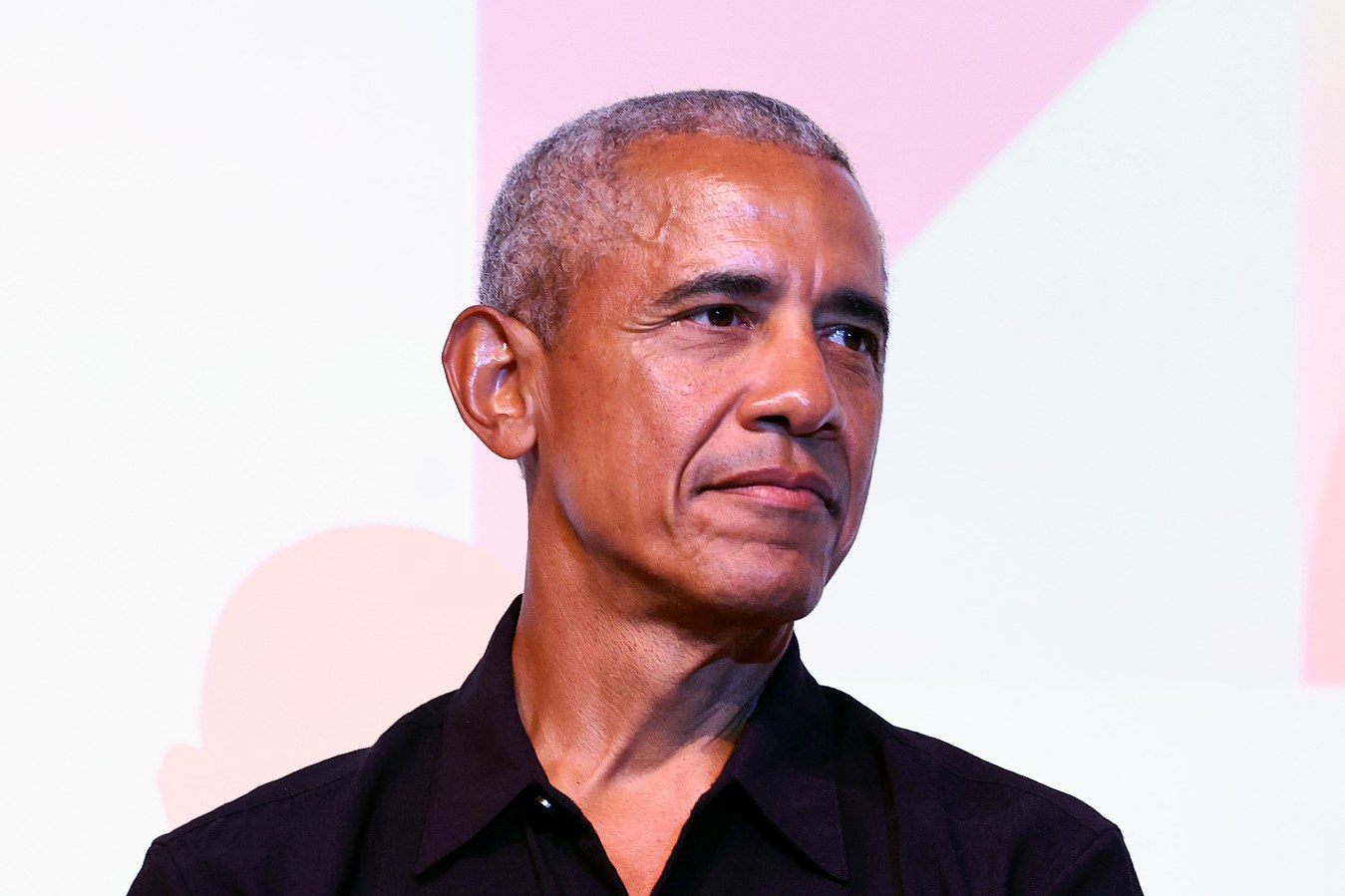Taking inspiration from software giants Atlassian, Lizzy Geremia and Sally Young, are driving plumbing giants Reece Group into the future with a renewed focus on culture.

Lizzy Geremia and Sally Young were brought into Reece Group with a major task: future-proof work at Reece. For the $10 billion ASX-listed business (that’s been around since 1920), this would represent a complete business overhaul.
In 2020, the company rolled out its 2030 vision: to be the trade’s most valuable partner, helping them succeed in a digital world. Geremia, Reece’s chief corporate affairs officer, and Young, the Group’s talent director, were enlisted to bring this vision to life. Arguably their biggest move was literal: Reece Group’s HQ re-located from Melbourne’s Burwood to Cremorne, into a new office called ‘The Works’.
“We knew we needed to collaborate and innovate,” Geremia tells Forbes Australia. “And our current business just didn’t enable that. We’ve been in that office since the 80s.”
The idea was simple: enable a future that’s both brick and mortar and digital.
“We wanted every member of our branch network, if they came into the building, to feel welcomed, like they were part of the team.”
– Sally Young, talent director, Reece Group
“When we first moved to Burwood, we had 40 branches and 400 staff that worked at Reece,” Geremia says. “When we left Burwood, we were in an international business with branches in the US, New Zealand and Australia and had over 8,000 people working for the organisation. The environment just didn’t enable the complexity of the business.”
But finding the right spot? That wasn’t as simple. It involved going on a leadership team offsite, surveying staff, months of research and even enlisting interior designer, Gavin Harris, to bring the team’s design vision to fruition.
“I thought Atlassian was very deliberate in its design,” Young says. “They’re very clear about the environment they create and that was a big source of insight for us.”
So Geremia and Young were clear about the environment they wanted to create, too. The Works was to be a place to support activity-based working with four different types of spaces: focus spaces, collaboration spaces, community spaces and wellness spaces. It’s designed with just the right amount of noise, lighting, facilities and technology to do so. There’s even a ‘water well’ on each floor – a ‘smart’ drinking fountain that helps employees track their water intake throughout the day. For every 10,000 litres that staff members drink, the Reece Foundation will build one water well in a community that needs it most.
“You can imagine there was a lot of focus on the experience that we created in here, because it needed to remain humble, not corporate,” Young says. “We wanted every member of our branch network, if they came into the building, to feel welcomed, like they were part of the team.”
Young’s role was to support CEO Peter Wilson, pulling the project teams together to lead the business in this transition. Geremia’s was to develop the communications to staff to get buy in.
“We had to make sure that the network understood why we were creating this lovely work environment for our people. It was as much their building as it was for us. So, simplicity of messaging was really important.”
In addition to the move, the pair have implemented a slew of new changes in a bid to bring the business into the future, like a new paid parental leave scheme. The policy provides primary carers with 18 weeks full pay, plus up to 52 weeks of superannuation. The leave can also be paid at half the rate of pay for 36 weeks. Primary carers can access 34 weeks of additional unpaid leave, with super paid up to 12 months.
Related
Secondary carers also receive entitlements: 20 days, paid at full pay, plus super, and an additional 20 days of unpaid leave plus super.
The Reece Foundation mentioned earlier was also introduced as part of the 2030 vision. And in September last year, it delivered its first project: six volunteer tradies went to the rural Kampong Chhnang province of Cambodia and installed BioSand filters for clean drinking water, toilet blocks, handwashing stations, rainwater tanks and irrigation systems for community gardens.
The company also introduced its first sustainability report in 2022, announcing plans to reduce its environmental impact.
“We know there’s plenty to do and we are focusing on doing it in a way that empowers our people, industry and customers,” Geremia says.
“Since 1920 we have remained committed to a long-term approach – to build a business that is one step ahead of our customers’ needs. As we have always done, we know that if we work together, do the right thing, and keep improving, our people, customers and communities will benefit.”
Look back on the week that was with hand-picked articles from Australia and around the world. Sign up to the Forbes Australia newsletter here or become a member here./




